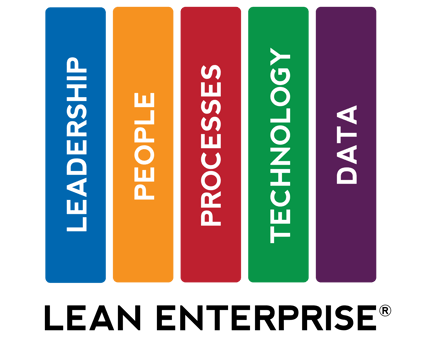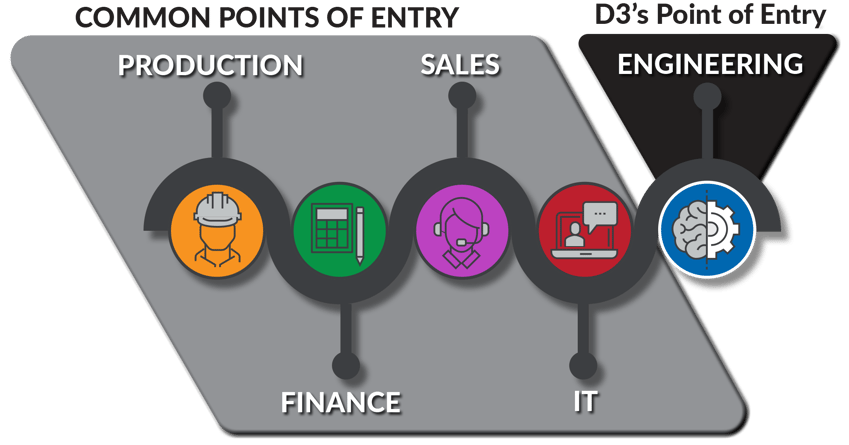LEADERSHIP
-
Is the company vision & mission known by all team members?
-
Are the corporate objectives known by all division & department leaders?
-
Do your division & department leaders have goals in place in alignment with the corporate objectives?
-
Are your leaders aligned and pulling the same direction?
-
Are they challenging their team member’s growth & performance?


